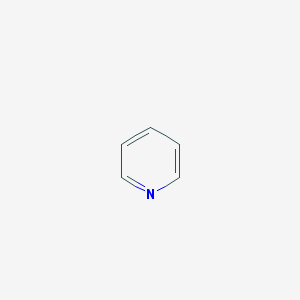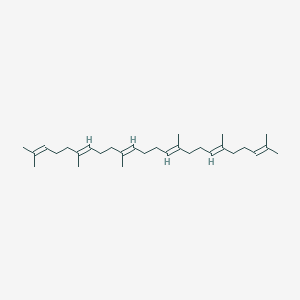A new small molecule screening platform is beginning to show up to accelerate the development of cancer immunotherapy
-
Last Update: 2021-02-09
-
Source: Internet
-
Author: User
Search more information of high quality chemicals, good prices and reliable suppliers, visit
www.echemi.com
in order for more people to benefit from cancer immunotherapy, traditional small molecule therapies, with the help of advanced research tools, are beginning to show potential in the field of cancer immunotherapy.
Recently, scientists at Emory University School of Medicine created a screening system that uses co-culture systems of human immune cells and cancer cells to quickly screen compound libraries to identify small molecular compounds that strengthen the immune system's ability to fight cancer. The team used the system to discover a new drug that is being studied for cancer treatment. The paper was published in the latest issue of Cell Chemical Biology.
immune checkpoint inhibitors are a large category of cancer immunotherapy, which can restore the activity of immune cells. However, this kind of antibody drug in the way of drugation, applicable population and so on there are still some limitations. The current discovery of new drugs focuses on the regulatory molecules outside the cell membrane, as these targets are more likely to be bindned by antibodies. Traditional small molecule drugs can bind to targets within cells and have unique advantages and are expected to act as similar or even better immune promoters. Therefore, scientists need a screening method to identify substances that enhance the ability of immune cells to inhibit the growth of cancer cells in a large number of small molecular compounds available.
the team designed a system called high-volume immunomodulation subtype screening platform High-Reach Immunomodulator Phenotypic Screening Platform, which mixes human immune cells with cells carrying mutations in known cancer-causing genes. Using HTiP, the team screened about 2,000 known compounds for candidates that could reverse the effects of the KRAS mutation. The screening results were isolated to obtain an IAP antagonist birinapant. The new drug is already in clinical development, combining with Keytruda in human trials to treat a variety of solid tumors.
" provides strong evidence that small molecular compounds have the potential to become immune enhancers, which is a timely validation of our system. Professor Haian Fu, of Emory University School of Medicine and head of the research team, said.
researchers believe the test could continue to expand, using a variety of different immune cells to screen for compounds that activate the immune response, as well as testing the reverse effects of small molecular compounds on other cancer-causing mutations. (Bio Valley)
This article is an English version of an article which is originally in the Chinese language on echemi.com and is provided for information purposes only.
This website makes no representation or warranty of any kind, either expressed or implied, as to the accuracy, completeness ownership or reliability of
the article or any translations thereof. If you have any concerns or complaints relating to the article, please send an email, providing a detailed
description of the concern or complaint, to
service@echemi.com. A staff member will contact you within 5 working days. Once verified, infringing content
will be removed immediately.







